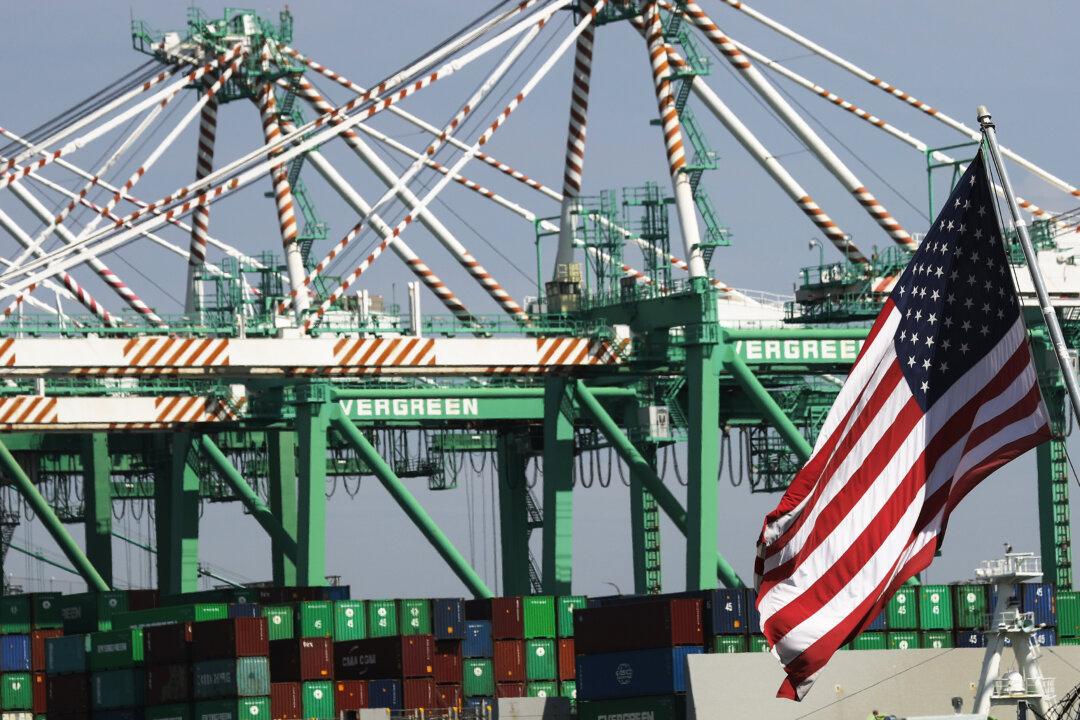WASHINGTON—The U.S. export credit agency is providing relief measures for American exporters that face payment and liquidity issues caused by the COVID-19 pandemic.
Exporters have taken a significant hit by a slowdown in global trade caused by the CCP virus, commonly known as the novel coronavirus. In response, the U.S. Export-Import Bank (Exim) has stepped up its programs to help companies that face shipment problems, payment difficulties, liquidity problems, or other business interruptions.





